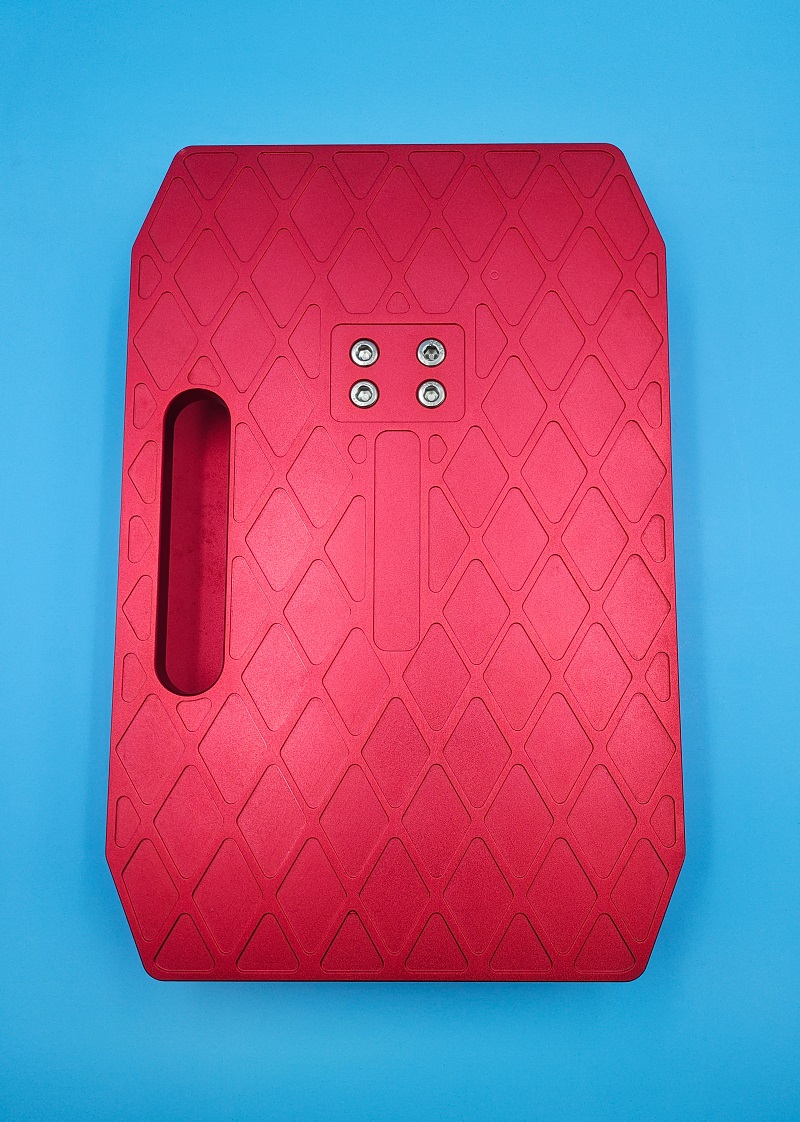Non-standard customization of racing scale is based on the special needs of racing sports, personalized design and manufacturing of racing scale. Here are some key aspects of non-standard customization of racing scales:
Custom requirement analysis
Precision requirements: Motorsport requires very high accuracy of weight measurement, which usually needs to be accurate to the gram or even milligram level to ensure that the counterweight of the car is reasonable and meets the competition rules and performance requirements.
Weighing range: According to different types of racing cars, such as formula cars, endurance cars, rally cars, etc., the weight range is different, and it is necessary to customize the corresponding weighing range of racing scales to ensure that the weight of the car can be accurately measured.
Size and shape: Due to the different structure and chassis design of the car, it is necessary to customize the size and shape of the scale table according to the actual size and shape of the car, to ensure that the car can be stably parked on the scale for weighing, and does not affect the operation and safety of the car.
Functional characteristics: Some racing teams may require racing scales to have special functions, such as real-time data transmission, multi-sensor synchronous measurement, data analysis and storage, so that team engineers can obtain the weight distribution information of the car in time for adjustment and optimization.
Custom design and manufacturing
Sensor selection: According to the requirements of accuracy and weighing range, select the appropriate high-precision sensor. For example, the use of strain gauge based weighing sensors, its accuracy can reach 0.01% FS or even higher, can meet the high-precision measurement needs of racing scales. At the same time, the overload capacity and anti-interference ability of the sensor should be considered to ensure that the car is not affected by external factors during the weighing process.
Scale structure design: according to the size and shape of the car, design a special scale structure. The scale platform needs to have enough rigidity and strength to withstand the weight of the car without deformation, while ensuring that the surface of the scale platform is smooth to avoid damage to the tires and chassis of the car. For example, the use of high-strength aluminum alloy material to manufacture the scale table, not only to ensure the structural strength, but also to reduce the weight of the scale body itself.
Control system development: If there are special functional requirements, such as real-time data transmission and analysis, the corresponding control system needs to be developed. The system usually includes data acquisition module, microprocessor, communication interface and other parts, which can realize the acquisition, processing, storage and transmission of sensor data, and data analysis and visual display through software. For example, a communication module based on Bluetooth or wireless LAN is developed to transmit the data of the racing scale to the team's computer or mobile device in real time, which is convenient for engineers to carry out on-site analysis and decision-making.
Exterior design: The exterior design of the racing scale can also be customized according to the team's brand image and individual needs. The team logo, sponsor information, etc. can be printed on the scale platform, and the color and shape of the scale body can be designed to coordinate with the overall style of the car and the team.
Calibration and testing
Calibration: Custom racing scales require rigorous calibration after manufacturing. The scales are calibrated with high-precision standard weights to ensure that the measuring accuracy of the scales meets the design requirements. The calibration process requires multiple measurements and adjustments in different weighing ranges to ensure accuracy over the entire range.
Testing: An actual race car weighing test is conducted to verify the performance of the racing scale in actual use. The test includes the weighing test, repeatability test, stability test of different types of racing cars, etc., to ensure that the racing scale can stably and accurately measure the weight of the racing car, and the normal operation of the functions.
The non-standard customization of the racing scale needs to consider the special needs of the car, high-precision measurement requirements and personalized design requirements, through careful design, manufacturing, calibration and testing, to provide the racing team with professional weighing equipment to meet their specific needs, to help the team optimize the performance of the car and improve the performance of the race.

TEL : 020-39975778
Phone :13950482336
E-mail : 360652339@QQ.COM
Address :104, Building 17, No. 4, Yongfeng Road, Yongshan Village, Shiqi Town, Panyu District, Guangzhou
Copyright © Guangzhou Xingjiu Feng Electronics Co., LTD. All rights reserved